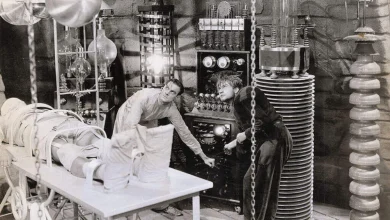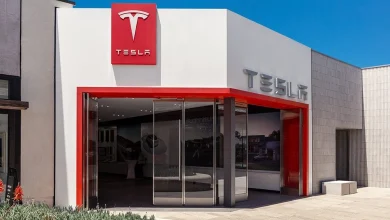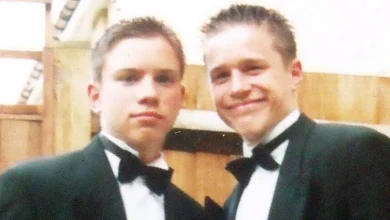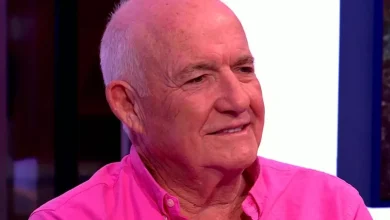NPA accuses BBC of spreading ‘inaccurate’ claims on UK pig farming
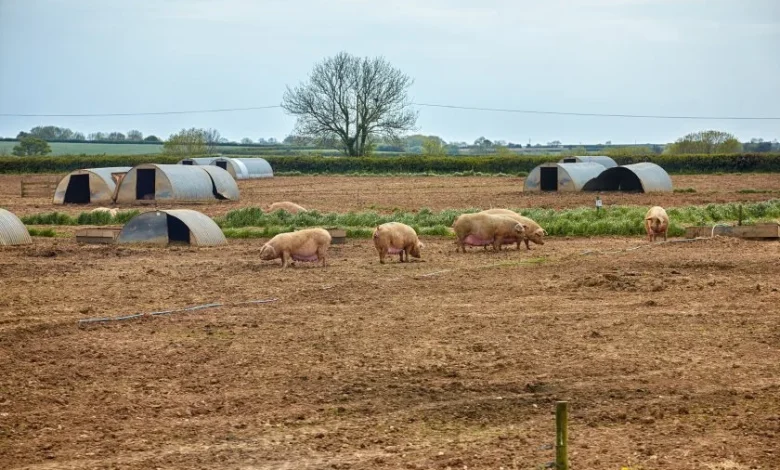
The National Pig Association has challenged the BBC over what it describes as a serious distortion of UK pig farming, after a widely shared clip from the Radical with Amol Rajan podcast was circulated online.
In a letter sent on behalf of its pig producer members, the NPA lodged a formal complaint, saying the segment “portrays inaccurate information” and risks misleading the public.
The clip, taken from a 24 November interview with writer and farmer James Rebanks, suggested that some British farms keep pig populations in the hundreds of thousands.
The NPA argues this claim is wholly unfounded, warning that Rebanks wrongly conflated pig ownership with the size of individual farms or holdings.
Government figures cited by the association show a very different picture. The most recent data places the average UK pig farm at 476 animals, rising to 938 when holdings of fewer than 10 pigs are excluded.
For breeding herds, the averages are 71 sows — or 154 when removing very small holdings — far from the industrial-scale numbers implied in the podcast.
The NPA also disputed the suggestion that pig and poultry units operate without strict oversight, stressing that both sectors are among the most tightly regulated in British agriculture.
Farms in England with 2,000 places for production pigs over 30kg, or 750 spaces for sows, are required to hold an environmental permit enforced by the Environment Agency, and must comply with enhanced regulatory standards.
The association noted that this level of permitting currently applies only to pig and poultry enterprises, underscoring the sector’s high compliance demands.
The organisation criticised what it described as an editorial decision by BBC Radio 4 to isolate and promote the disputed portion of the conversation, a move it believes has amplified misinformation.
The clip has been viewed “100,000s” of times across BBC social media channels, the NPA said, despite the inaccuracies it contains.
Concerned about the reach and impact of the claims, the association has asked the broadcaster to remove the clip and issue a correction to prevent the continued spread of misleading impressions about the industry.

